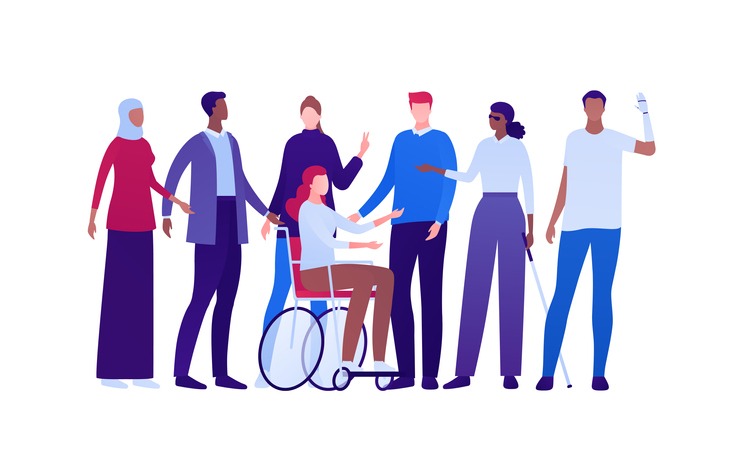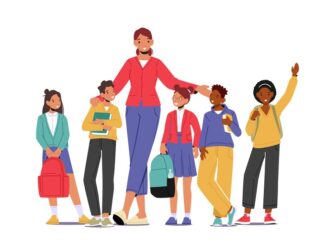
Roadblocks in the education sphere can refer to anything from time constraints to technical issues – here are nine ways you can overcome them
CREDIT: This is an edited version of an article that originally appeared on Edutopia
Certain challenges can pose as formidable barriers, capable of stopping progress or needing serious efforts to overcome. These challenges might encompass policy restrictions, budget constraints, cultural resistance to change, or inadequate support. As a result, these roadblocks can significantly impede progress, necessitating innovative approaches, collaborative initiatives, and dedicated efforts to eliminate or navigate around them.
Recognising, assessing, and addressing these barriers play a crucial role in ensuring a smooth and efficient educational process. Educators, administrators, and policymakers must have a deep understanding of these challenges, engaging in collaborative endeavours to uncover solutions, adapt strategies, and extend the necessary support to overcome these obstacles.
By acknowledging and proactively addressing these challenges, we can create an environment conducive to learning, thus optimising student success and fostering continual improvements in education. Overcoming educational roadblocks requires a strategic and proactive approach.
Nine Strategies for Overcoming Educational Obstacles
Identify the Challenges:
Begin by acknowledging and understanding the specific hindrances that impede educational progress. This involves conducting thorough assessments, seeking input from stakeholders, and analysing data to determine the root causes of these roadblocks.
Maintain a Positive Perspective:
Adopt a positive outlook that views challenges as opportunities for growth and enhancement. By embracing a growth mindset that values learning from mistakes and pursuing ongoing professional development, educational institutions can achieve elevated success.
Seek Diverse Insights and Expertise:
Collaborate with educators, administrators, parents, students, and other relevant stakeholders to gather diverse perspectives on these roadblocks. Foster open dialogues, brainstorming sessions, or focus groups to gain insights and ideas from those directly impacted by these barriers.
Break Down and Conquer:
When confronted with significant challenges, avoid attempting to tackle them all at once. Instead, break them down into more manageable tasks or objectives. This incremental approach facilitates progress, generating momentum that alleviates the feeling of being overwhelmed.
Develop a Comprehensive Strategy:
Create a well-defined plan outlining specific goals, strategies, and actions to address the identified roadblocks. Ensure that the plan is practical, measurable, and aligned with the overarching vision and goals of the educational institution or system.
Embrace Innovation and Experimentation:
Cultivate a culture that encourages educators to explore innovative teaching methods, instructional technologies, and approaches capable of overcoming roadblocks. Provide opportunities for experimentation and offer support for evidence-based practices.
Provide Professional Growth and Support:
Grant access to professional development programmes, workshops, and training initiatives to equip staff with the necessary skills to navigate roadblocks effectively. Offer continuous coaching and mentorship to empower educators and enhance their ability to tackle challenges.
Advocate for Policy Changes:
If roadblocks stem from policy limitations or systemic issues, advocate for policy alterations at local, regional, or national levels. Engage with policymakers, education boards, and relevant authorities to raise awareness and lobby for reforms that can dismantle or alleviate these hindrances.
Celebrate Achievements and Share Best Practices:
Recognise and celebrate successes in overcoming roadblocks. Share success stories and valuable lessons with other educational communities to inspire and guide their efforts in addressing similar challenges. Recognising achievements fosters motivation and inspiration to move forward.
By following these principles and maintaining a determined and collaborative approach, educational professionals can overcome roadblocks, creating an environment that is more supportive and effective for learning.



Be the first to comment